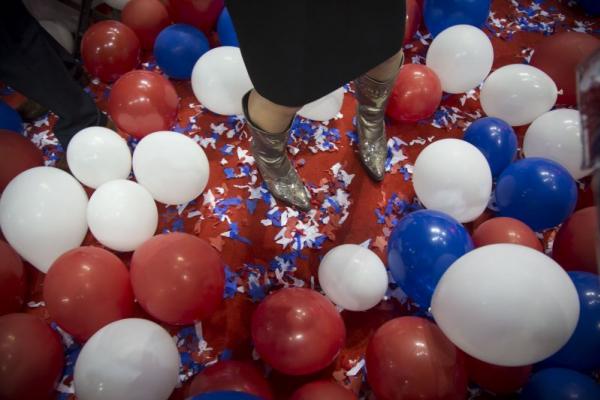Jul 26, 2016
While questions may not serve as effective campaign platforms, they can spark a conversation and reveal what our missions, values, and visions truly are. Americans from all backgrounds and political parties should take the time to ask: What kind of America are we making, and why are we united in this together?
Read the Full Article

Already a subscriber? Login
